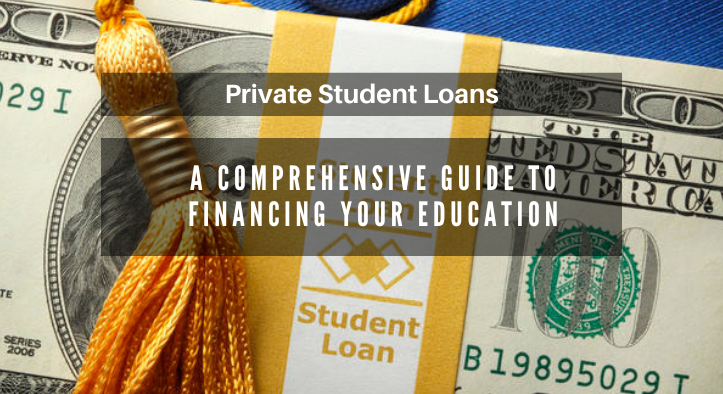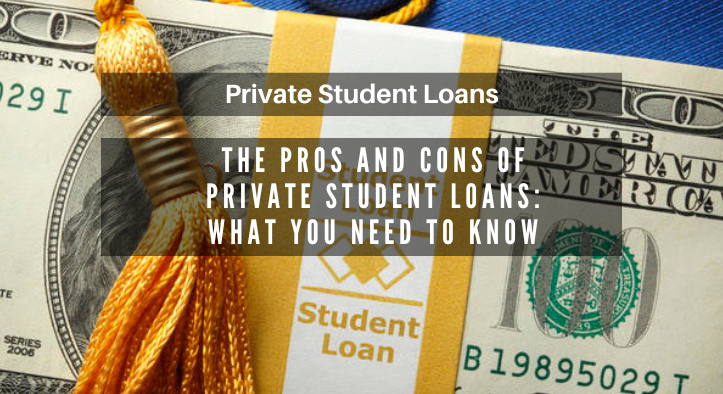Private Student Loans: A Comprehensive Guide to Financing Your Education

Private Student Loans: A Comprehensive Guide to Financing Your Education
Introduction
Paying for college can be a daunting task. With tuition costs rising each year, it can be difficult to cover the cost of a college education without taking out a loan. Private student loans are one of the most popular ways to finance a college education. They are offered by private lenders, such as banks and credit unions, and can be used to cover the cost of tuition, books, and other college-related expenses. In this article, we will provide a comprehensive guide to private student loans, including how to apply, the pros and cons, and tips for finding the best loan for your needs.
What Are Private Student Loans?
Private student loans are loans offered by private lenders, such as banks and credit unions, to help students pay for college. Unlike federal student loans, which are funded by the government, private student loans are funded by private lenders. Private student loans typically have higher interest rates than federal student loans, but they can also offer more flexible repayment terms and lower fees.
How to Apply for Private Student Loans
Applying for private student loans is relatively straightforward. The first step is to find a lender that offers private student loans. You can compare lenders online or speak to a financial advisor to find the best loan for your needs. Once you’ve chosen a lender, you’ll need to fill out an application. The application will ask for information about your income, credit history, and other financial information. Once you’ve submitted the application, the lender will review it and make a decision.
Pros and Cons of Private Student Loans
Pros
- Flexible repayment terms
- Lower fees than federal student loans
- Can be used to cover the cost of tuition, books, and other college-related expenses
- Can be used to consolidate multiple student loans
Cons
- Higher interest rates than federal student loans
- May require a cosigner
- May require a credit check
- May have stricter repayment terms than federal student loans
Tips for Finding the Best Private Student Loan
- Compare lenders: Shop around to find the best loan for your needs. Compare interest rates, fees, repayment terms, and other factors to find the best loan for your situation.
- Check your credit score: Your credit score will play a major role in determining the interest rate you’ll be offered. Check your credit score before applying for a loan to make sure you’re getting the best rate possible.
- Look for discounts: Many lenders offer discounts for certain groups, such as military personnel or students with a high GPA. Look for discounts that you may qualify for to get the best deal.
- Read the fine print: Make sure you understand all the terms and conditions of the loan before signing. Read the fine print to make sure you’re not agreeing to any hidden fees or other unfavorable terms.
Conclusion
Private student loans can be a great way to finance your college education. They offer more flexible repayment terms and lower fees than federal student loans, but they also come with higher interest rates. Before taking out a private student loan, make sure to compare lenders, check your credit score, look for discounts, and read the fine print. With the right loan, you can finance your college education without breaking the bank.
